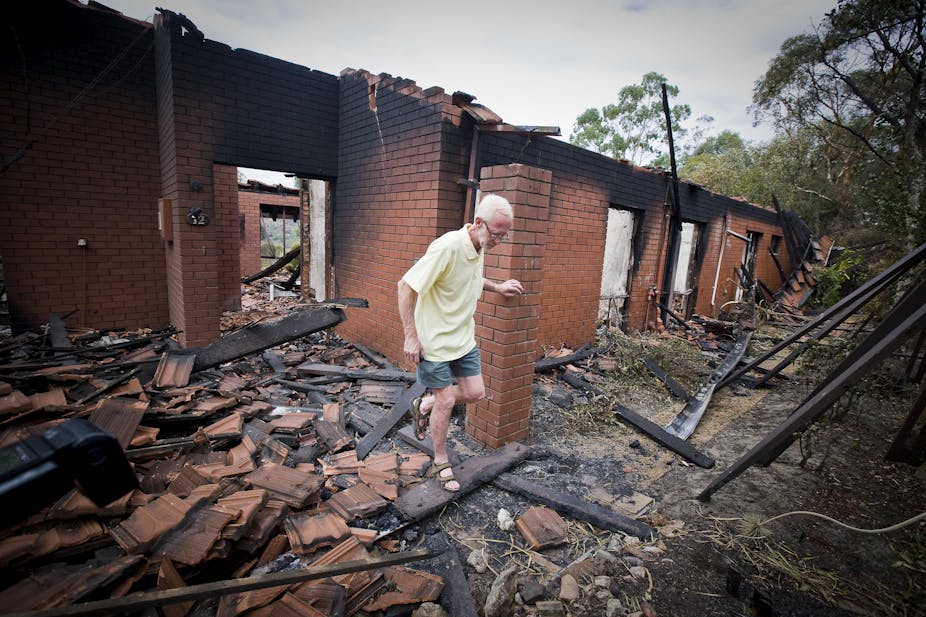Much of the commentary surrounding the Prime Minister’s new-look cabinet has focused on the promotion of her loyal lieutenants, Bill Shorten and Mark Arbib, and Nicola Roxon’s elevation to the Attorney-General position.
Most media commentators in the country have cynically written off the entire reshuffle as an unnecessary Prime Ministerial blunder, and the expanded cabinet a sign that she has had to bow to the factional powers – those faceless men again – by keeping former Attorney-General, Robert McClelland, at the grown-up’s table.
Of more apparent interest to the media, somewhat bizarrely, is what the Leader of the Opposition thought of the reshuffle. This is surely an indication that the Christmas parties are well underway in the fourth estate and if they can get a good one-liner from Mr Abbott then it saves them having to think of one themselves.
The demotion of McClelland to make way for Roxon is certainly newsworthy. But there is another element to his new portfolio responsibilities of Emergency Management and Housing that has been overlooked.
That is, quite simply, that recognition and representation of emergency services at federal level and within the cabinet is well overdue. It is also recognition that the type and scale of natural disasters we are likely to face in the future may be beyond that which state governments, the traditional bearers of the costs of such events, can handle. Hello, climate change.
The Prime Minister has stressed the importance of the outcome of the Durban negotiations as a step towards the “big polluters” taking binding action on climate change. In talking up the Durban agreement and stressing the need for legally binding action, the PM missed an opportunity to link McClelland’s new portfolio responsibility with climate change action. If not redressed, this will be an opportunity gone begging.
The new Minister for Emergency Management will be responsible for national oversight of natural disasters. In outlining the new role, the Prime Minister made particular reference to last summer’s floods and cyclone. These extreme weather events, as well as greater risk of bushfires and longer and drier droughts are all predicted to increase as a result of climate change.
A rise in sea levels of just half a metre will alter the Australian coastline: a sobering thought in a country where 85% of us live within 50 km of the coast. The need for a federal minister to coordinate management of emergencies is highly appropriate. The need for that minister to work closely with his ministerial colleague handling the area of climate change (Greg Combet) should be obvious.
Climate change is not just an abstract concept that can be dealt with in isolation from other areas. It impacts, directly or indirectly, on every other area. A large part of managing emergencies is risk assessment and mitigation. The fact that we now have a federal department resourced to manage this vital work can be a central plank in our national approach to the impact of climate change on our natural and human environments, and the economic impact of the aftermath of such events as we saw last summer.
Ms Gillard also referred to “resilience building” as part of Minister McClelland’s role. Creating resilient communities is a major part of dealing with change. To date our governmental approach to disaster management has been to funnel money into infrastructure and repair, provide emergency relief and counselling for victims and expect the insurance companies to pick up the rest. Communities, by and large, are left to their own devices to pick up the pieces and start again.
By referring to resilience building as a priority, the Prime Minister has explicitly acknowledged that government has a role beyond providing money and relief after the storms or fires or droughts, and that planning and preparation are a large part of ensuring that communities are able to withstand emergency situations.
While Mr McClelland has admitted to having reluctantly vacated the office of Attorney-General, the creation of the new ministerial responsibility should be regarded positively in the wider context of governance for the future. Given the scope and scale of emergencies over the past few years, a federal ministry of Emergency Management and Housing, working with state governments and forming a central hub to link the departments of Climate Change, Agriculture, Environment and Sustainability, Community Services, Regional Development and Infrastructure, as a bare minimum, is a step towards meeting future challenges.
Rather than dismissing the creation of the ministry as a cynical bow to factional powers, the media might like to consider the scope of the new role and get back to us after the summer break. If it’s anything like last summer, they might present a different view.

